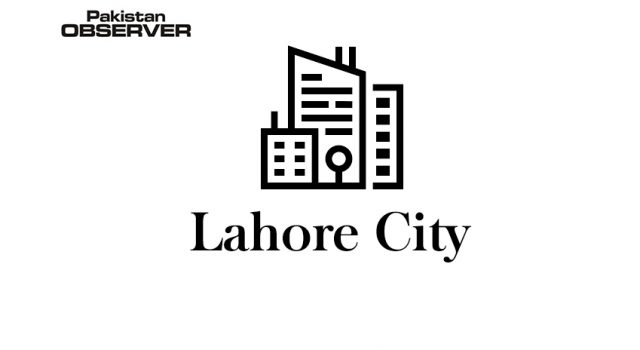Coronavirus pandemic has caused a ripple effect to the large and small economies by pressing governments across the globe to close down the major work places and multi-business infrastructures, to stop further spreading of the deadly COVID-19.
As a consequence, productivity at work places has been affected profoundly by the global outbreak of the virus, a great threat to public health causing financial, economic and social disruption, which has put the long-term livelihoods and wellbeing of million workers at stake.
International Labour Organization (ILO) in its document has revealed that during the last decade, a global surge in unemployment had been witnessed which had increased the number of daily wages and part time workers, across the globe.
“The novel coronavirus could claim up to 24.7 million jobs and workers are expected to collectively lose some $860 billion to $3.4 trillion in labourers, as a result of increased unemployment, due to pandemic, during 2020,” the document estimated.
The incumbent PTI government is playing a crucial role at main front to combat the coronavirus outbreak in the country by ensuring the safety and livelihood of low income strata, so that sustainability of businesses and job among worker and the employer could be maintained.
As per Asian development Bank (ADB) statistics 2015, a total of 24.3 percent population of Pakistan lives below the national poverty line, while 3.9 percent of employed class has the purchasing capacity up to $1.90.
The COVID-19 pandemic spread in the country has put worst effects on the payments, lay-offs and financial consequences of the daily wage labourers and employees of different sectors.
The government, in a bid to mitigate the economic impact of coronavirus outbreak has announced Rs 200 billion package for the labourers and low income class of the country, including a relaxation to the industrial sector by releasing tax refunds, amounting to Rs100 billion, besides, deferring of the interest payment.
A sum of Rs150 billion has been allocated for the families most impacted due to coronavirus, during the next four months. Each family would be given Rs 3,000 monthly, the Prime Minister Imran Khan announced on Tuesday.
Talking to APP, Pakistan Institute of Labourers Education and Research (PILER) senior official Dr Karamat Hussain said that the multi-billion financial package of the Prime Minister would help provide a great relief to the poor strata of the country amid the prevailing situation.
The government’s step of deferred interest payment amounting to Rs100 billion for small and medium industry and agriculture sectors are worth commendable, he said. According to the package details, the government has extended concessional loans in agricultural sector which would help bring down the input costs for the farmers, which will help boost agricultural sector in the current scenario.
Central Leader of Pakistan Tehrik-e-Insaf Nazar Muhammad Gondal said that helping the needy segments of society was a priority agenda of the PTI government and Prime Minister Imran Khan was working day and night for the welfare of the general public.
Keeping in view the prevailing situation, the Prime Minister Imran Khan has announced unprecedented amount of Rs50 billion for the Utility Stores, Rs 280 billion for wheat procurement and Rs 75 billion amount to slash the petrol and diesel prices by Rs15 per liter, he lauded.
“Consumers of 300 units of power and gas users with Rs 2,000 monthly bill would be allowed to deposit their bills with three easy installments,” he said. It may be mentioned here that Prime Minister Imran Khan on November 10, 2018 had laid the foundation of the shelter homes project for the marginalized segments of the country, which has become operational.
Similarly last year in October, the Prime Minister had launched the Ehsas-Saylani Langar initiative to provide free food to the poor, laborers and homeless in the country. Ehsas-Saylani Langars, since then have been opened to feed the poor community, while more other buildings of the project were under construction.
A document of the Finance Division, regarding issuance of funds of Prime Minister Imran Khan’s relief package, describes that an amount of Rs100 billion has also been allocated to cater any emergency or untoward situation amid COVID-19 outbreak in the country. Likewise, a sum of Rs 50 billion has also been allocated for the medical staff recruitment and equipments, it said.
The National Disaster Management Authority (NDMA) would be given an amount of Rs 25 billion for the purchase and procuring of medical kits and other essential items, the document further revealed.
Muhammad Waris, a Uber bike driver while commenting on PM’s package said that the initiative was a clear evidence of Imran Khan’s attachment and affection to the needy and underprivileged class, adding the cut down in the fuel prices amid the on-going coronavirus situation, was a great favour.









